- April 21, 2025
-
-
Loading

Loading
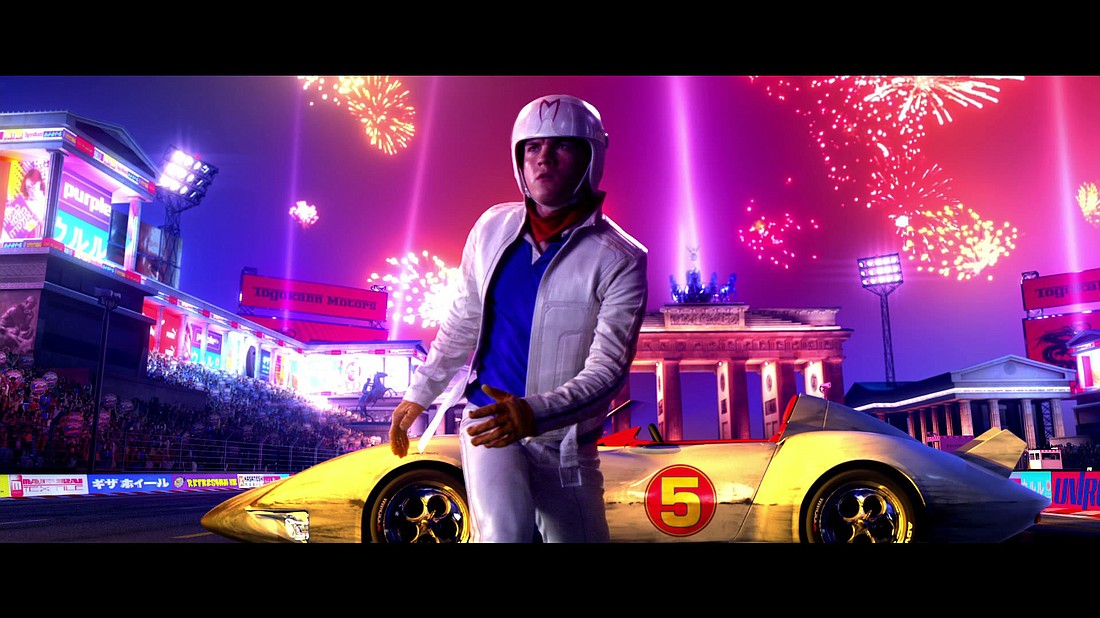
I don't have much to say this week other than reminding everyone that you can email your questions, complaints, analysis, declarations of love, etc. to me and I will read it. If I get enough, perhaps I will do a mailbag of some sort. My email is in my bio at the bottom of this article. Please write to me.
Amazon Prime, PG, 135 minutes
If there’s one thing I hope Binge Blog readers know about me by now, it’s that I love films that are sincere, in whatever form that takes.
“Speed Racer” is maybe the most sincere of them all, and was subsequently misunderstood upon its release. I get it, sort of. What is a studio supposed to do with a modern action movie shot entirely, purposefully, on green screen — even the non-action scenes? A family movie whose themes boil down to “wealth distribution is killing art and dreams and everything you love”? A Manga adaptation whose C-plot features the slapstick adventures of a child and his pet monkey, who love candy and hate watching people kiss?
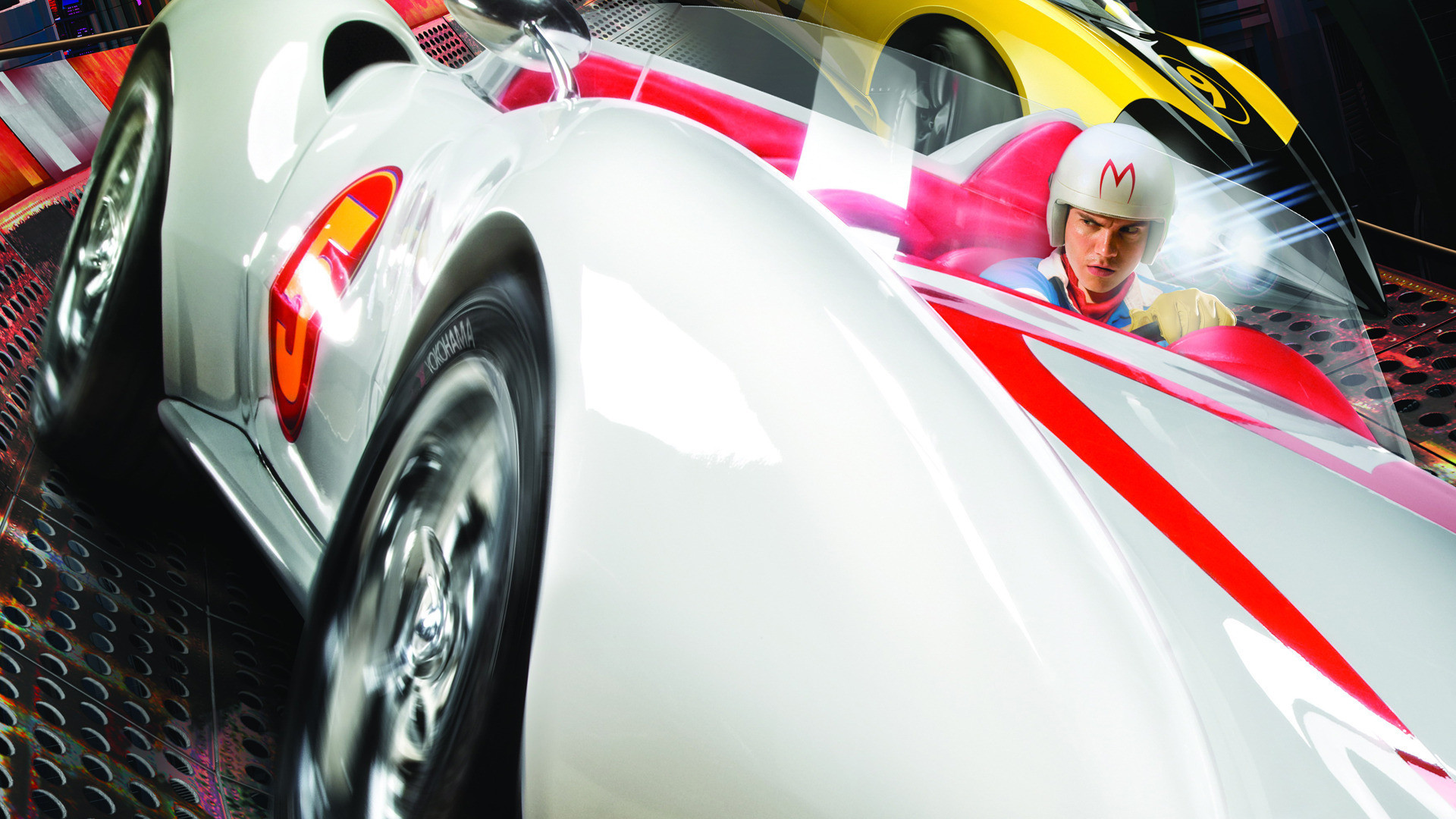
“Speed Racer” is all of those things. It is also the type of movie where one character says of its main character, “He’s going to be very good,” and another character responds, “No. He’s going to be the best.” Neither winks. The actors deliver these lines earnestly, knowing the type of movie this is and having the most fun making it.
It was on the surface an odd turn from directors Lana and Lilly Wachowski — back then credited as the Wachowski Brothers — fresh off their “Matrix” trilogy, but looking back, it’s not odd at all. They obviously have a love of Japanese-style direction and that is doubled-down on here, with the film featuring tons of camera pans meant to resemble actual Manga panels. Colors (my other favorite thing) flash and whiz and pop and wrap you inside them, sometimes literally. “Speed Racer” wanted to look equal parts old school and never-before-seen, and it somehow succeeded. In that regard, it paved the way for other twitchy, stylized films of the 2010s, including former Binge Blog pick “Scott Pilgrim vs. the World.” There’s even a shot of tapping boots which I’m 99% sure was homaged in “Baby Driver.”
If you’re still reading, I guess I should mention the plot. Speed Racer (that’s his name, and he’s played by Emile Hirsch) is really good at racing, see, and a big company, Royalton, wants to sign him to a contract. He had previously raced out of his father Pops’ (John Goodman) garage, just like his older brother, Rex (Scott Porter), who died in a fiery crash. Speed has a girlfriend named Trixie (Christina Ricci) and a younger brother named Spritle (Paulie Litt) and a mom named Mom (Susan Sarandon). This is all wonderfully explained in the first 10 minutes of the film, interspersed with footage of Speed trying to break his brother’s record time. In other films, this would be the big finale. Not here.
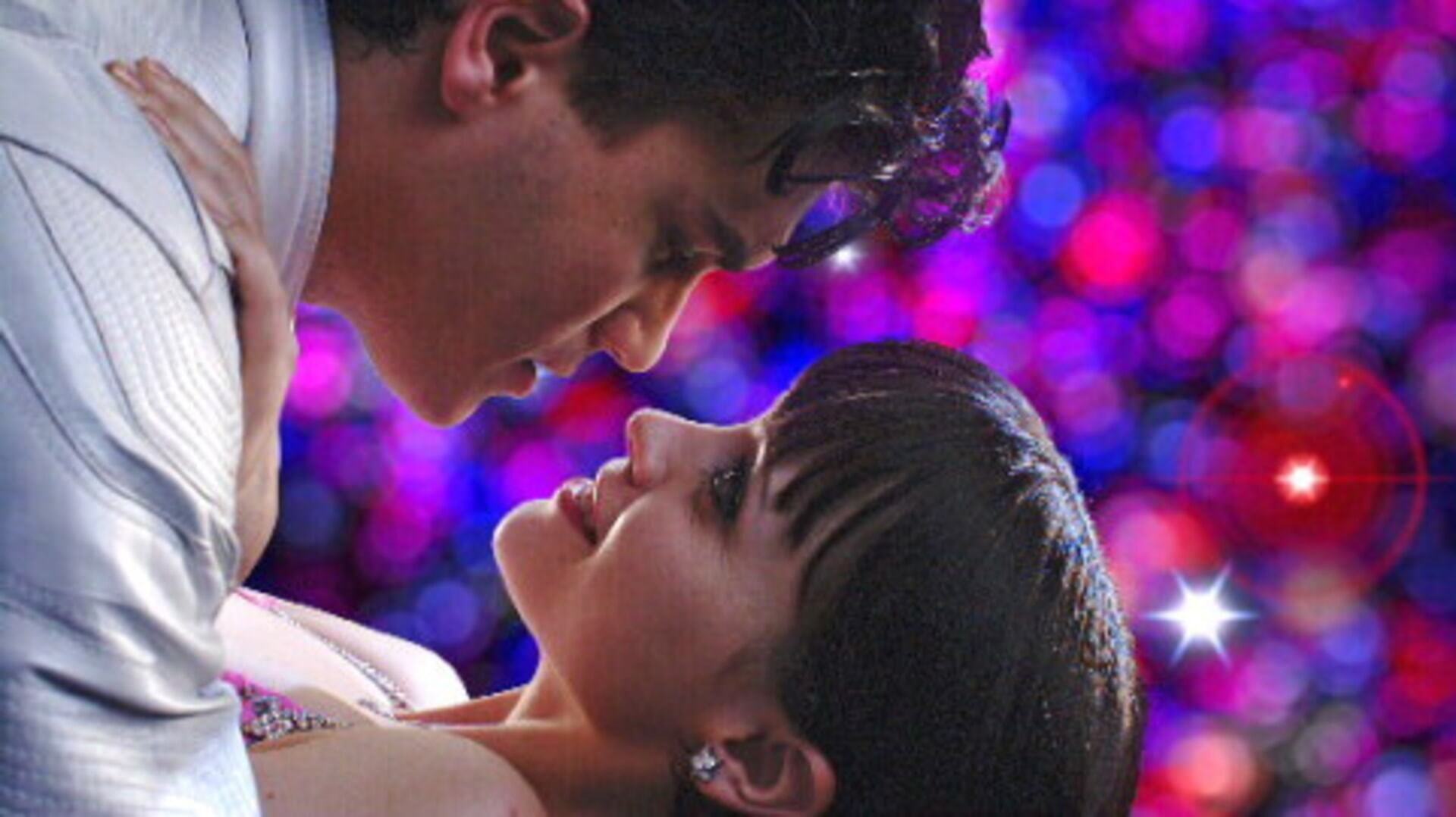
So Speed meets with Royalton and decides to decline the offer. This leads to a lot of things happening, none of them good for Speed. They don’t matter in the end. Speed was always going to win. This is the thing about “Speed Racer” that is fascinating to me: It’s not an underdog story. Speed Racer is the golden boy, the prodigy, the undisputed favorite. His successes in the film aren’t about proving his enemies wrong, they’re about proving his friends and family (and himself) right. When Speed wins, you get as many shots of his support system crying and screaming in joy as you do Speed. You’ll be standing up and cheering, too. Watch.
The action deserves a mention. It is sensational. Each racer brings their own style or trick to each race. Cannonball Taylor (Ralph Herforth) uses a device that locks cars in a tango-esque death spiral, for instance. The film’s energy does not let up once.
Show this movie to your kids. Hell, show this movie to your parents. It has has undergone a reevaluation in film circles in recent years, and thank goodness for it. I’m convinced “Speed Racer” was created to increase the world’s smiles per person (SPP). Mine has shot up exponentially in the days since I watched it. I hope yours does, too.
Amazon Prime, R, 116 minutes
On the complete opposite end of the sincerity spectrum is “The Nice Guys,” a film whose characters are anything but truthful, with others and with themselves.
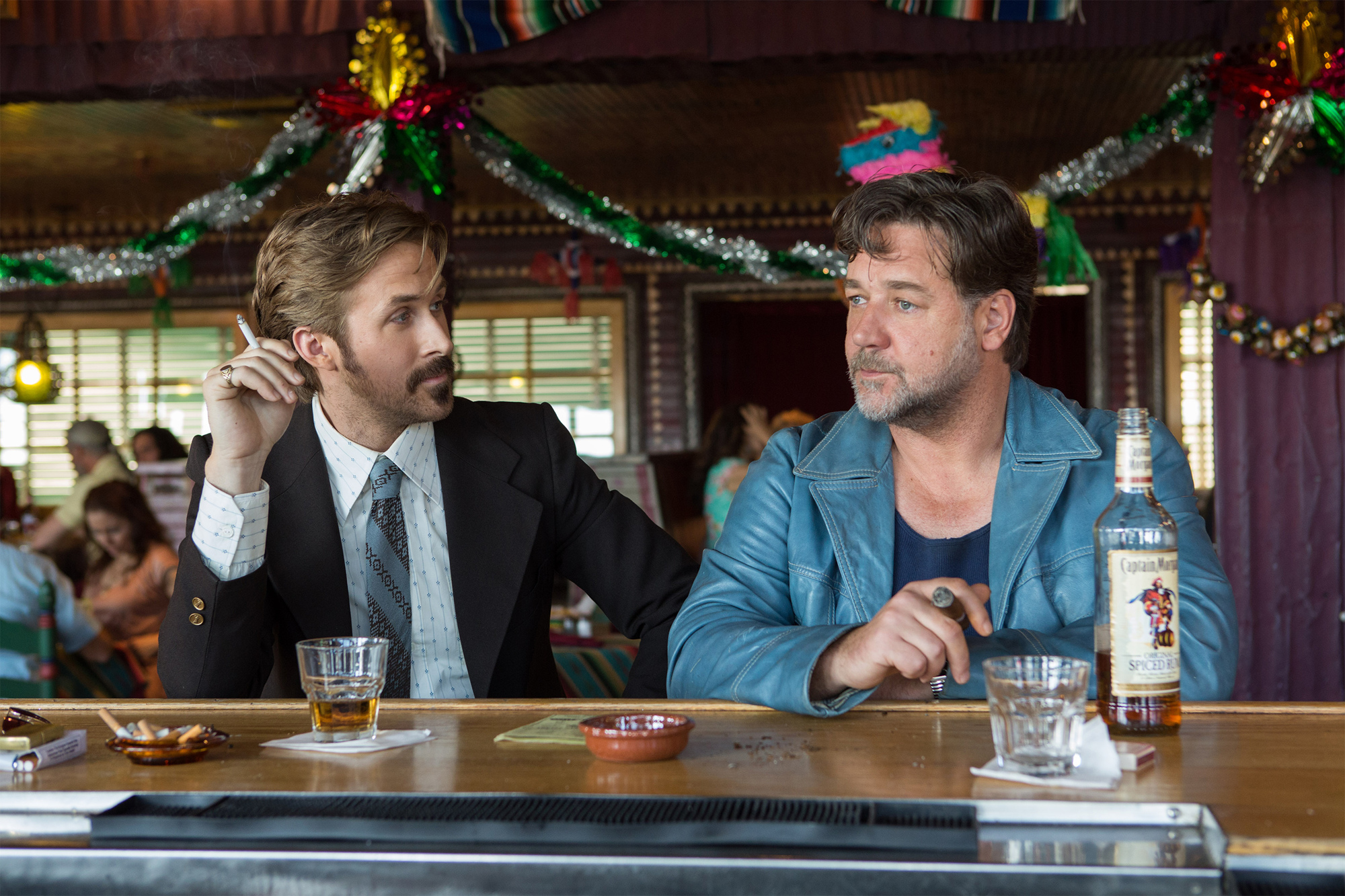
It’s 1977. Holland March (Ryan Gosling) is a detective. He’s also an alcoholic and has a daughter named Holly (Angourie Rice) and is quite bad at his job. He’s a dipshit.
Jackson Healy (Russell Crowe) is a brute for hire. He beats people up, sometimes to gain information, which he then turns into more money. He is an asshole.
March and Healy have history — would you believe they don’t like each other? — but need each other to solve a missing person’s case that somehow involves the auto and porn industries. It sounds schlocky, but the mystery is well done and engrossing instead of just gross. March and Healy believe themselves to be nice guys taking out Hollywood’s trashiest bad boys, but throughout the film, they try their best to disprove that hypothesis. Or at the very least, prove that “nice” is relative. Detectives sometimes have to go bad to get the job done.
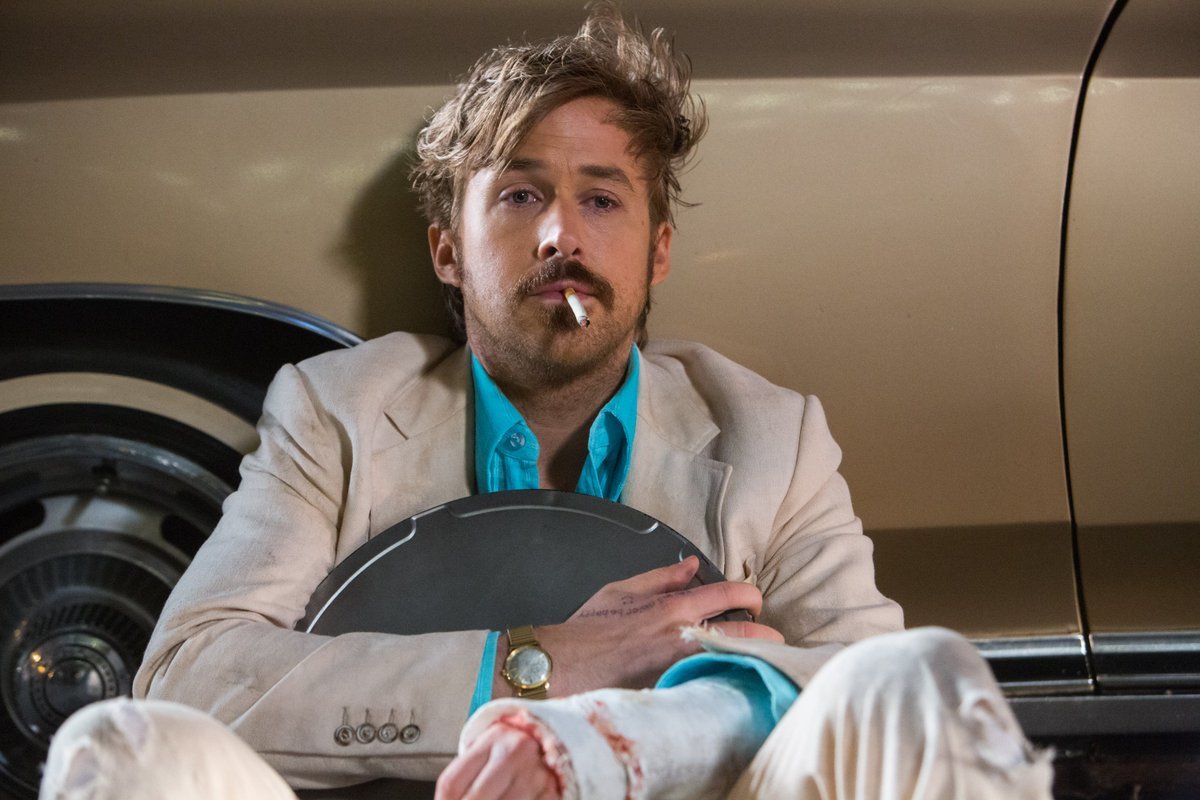
Crowe is fine as Healy, but Gosling is a dang revelation as March. He might be the finest physical comedy actor working today. I’m serious. There’s a scene in a bathroom that makes me lightheaded at how much I laugh at it, every time. He plays doofus perfectly. I don’t know what it is about him — maybe the mustache — but it’s phenomenal.
Rice is also great as his smart-mouthed daughter. This archetype has become all too common in recent years but Rice gives Holly a maturity the others don’t typically possess. When she does things like ask Healy to beat up her friend for $30 or calls adult film actors a vulgar word, it feels lived-in. It feels like something a real kid (with a bad parent) would say, not like an obviously fictional character.
(To keep my streak of mentioning “Once Upon a Time ... in Hollywood” alive, Margaret Qualley, who plays Manson follower Pussycat in that film, is in “The Nice Guys” as a woman named Amelia who might or might not know something about the missing person’s case. She’s great in both.)
“The Nice Guys” didn’t chance the cinematic landscape upon its release. It’s just a genuinely funny film with an interesting mystery and heaps of pathos. Like “Game Night,” it’s a film for adult sensibilities, not 16-year-olds who sneak into R-rated films at the theater. It’s humor comes from silliness and wordplay, and it is earned.
If nothing else, watch it for the bathroom scene.
This conversation between Pops and Speed Racer is everything.
Pops: "You think you can drive a car and change the world? It doesn't work like that!"
Speed: "Maybe not, but it's the only thing I know how to do and I got to do something."